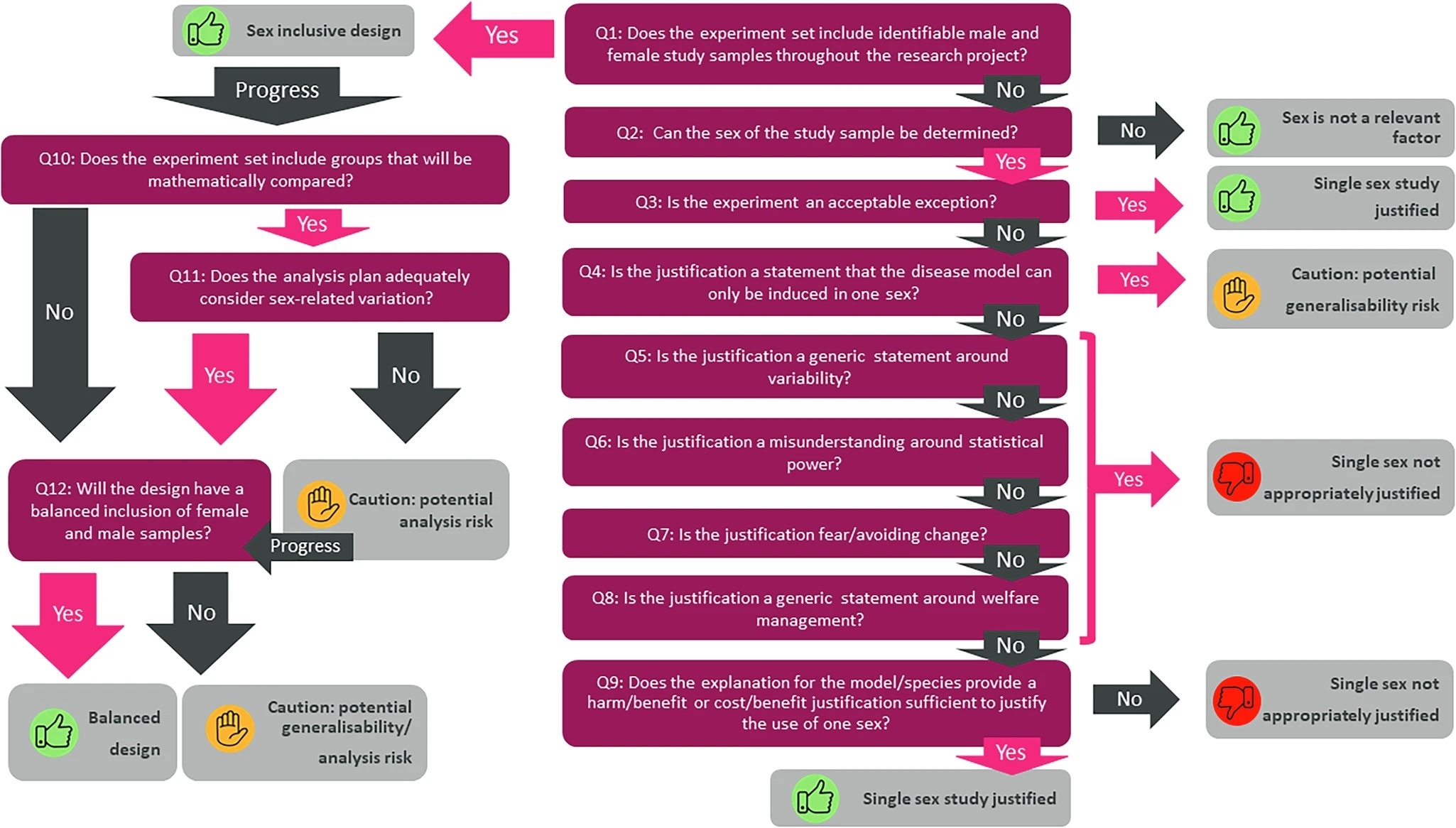Scientists have identified a network of genes that could play an important role in the development of metabolic diseases such as diabetes. A research team from the Helmholtz Center Munich and the International Mouse Phenotyping Consortium (IMPC) led the work that is published in ‘Nature Communications’.
To read the research, click here To see the data, click here The development of metabolic diseases like diabetes is a complex process. As well as lifestyle and environmental factors, many different genes are responsible for the pathogenesis of both type 1 and type 2 diabetes. These genes encode information on how to assemble individual proteins that function in glucose metabolism. Many genes that play an important role in the development of human diseases are still unknown. It is only by deciphering the causal genetic links that we can understand diseases, develop therapeutic interventions, or even prevent an outbreak. Thus, the new diabetes genes discovered in this study could be used, for example, as biomarkers for individual risk prediction, early diagnosis of the disease, or personalised approaches for treatment. Twenty-three new candidate genes for diabetes in humans As part of the International Mouse Phenotyping Consortium (IMPC) knockout mice – each lacking a specific gene – were examined for metabolic dysfunction. Using this method, researchers are trying to establish whether the missing gene is involved in important metabolic processes and can be linked to human diseases. “Our analysis of the phenotyping data has identified a total of 974 genes whose loss has strong effects on glucose and lipid metabolism,” said Hrabě de Angelis, who also holds the Chair of Experimental Genetics at the Technical University of Munich and led the study. “For more than a third of the genes no connection to metabolism was known previously.” In addition, the researchers that teamed up with first author Dr. Jan Rozman, report that the functions of 51 of the discovered metabolic genes in the mouse were hitherto completely unknown. When compared with genome data collected in humans, they found that 23 of these also appear to play a role in human diabetes. “They are new candidate genes, and mice that lack these genes may be important models to investigate impaired glucose metabolism and diabetes,” explains Rozman, who coordinates the metabolic phenotyping at the GMC and in IMPC. One of these genes is C4orf22, which appears to be involved in insulin action in participants of the diabetes study “Tübingen Family Study (TÜF)”. Interestingly, according to the bioinformatician and co-author Dr. Thomas Werner, these genes were also similar in their structure – many had common genetic elements. The scientists therefore assume that these genes belong to a network. In the future, they want to investigate these new regulatory structures and to explore to what extent they allow the prediction of gene functions of so-far unknown genes. Steve Brown, Director of the MRC Harwell Institute and Chair of the IMPC Steering Committee, said: “The work of the IMPC in developing a comprehensive catalogue of mammalian gene function continues to reveal astonishing insights into the functions of genes in diverse areas of biology and disease, and this is no less true in the area of metabolism. The work described in this paper provides a plethora of new disease genes involved in metabolic function and additional understanding into the gene networks that underlie diseases as diverse as diabetes and obesity.” Publicationbit.ly/IMPCMetabolismFurther links https://www.medizin.uni-tuebingen.de/en/Research/Collaborative+Research/…



